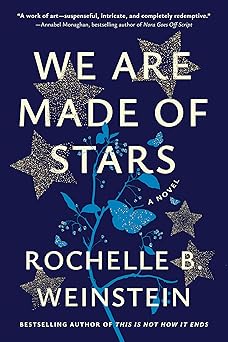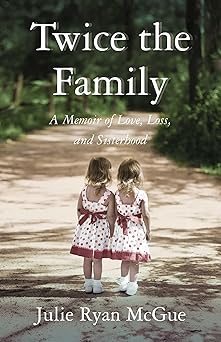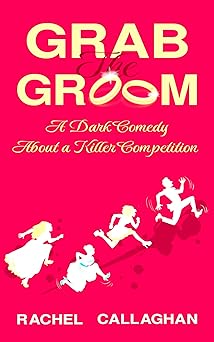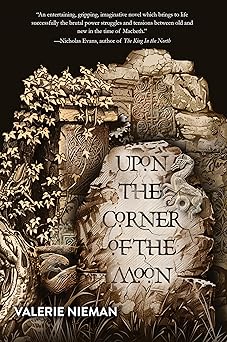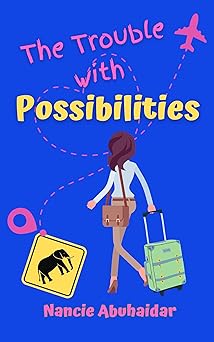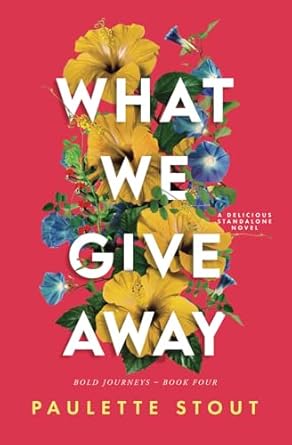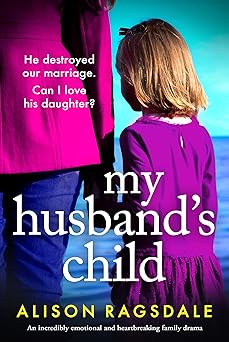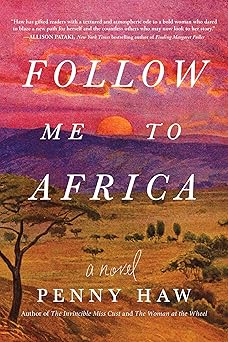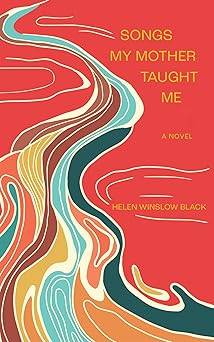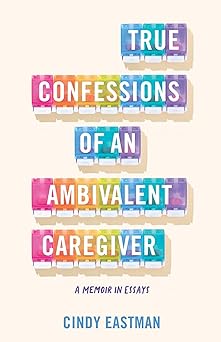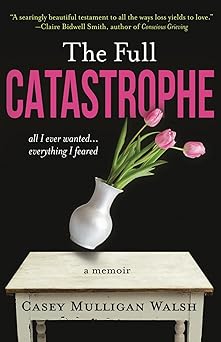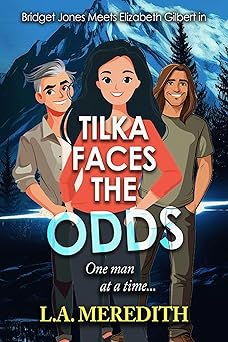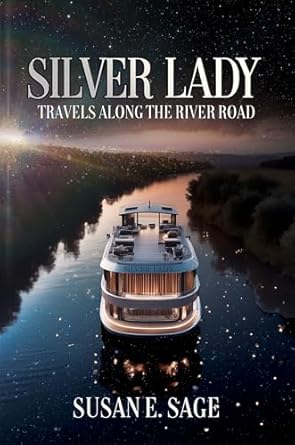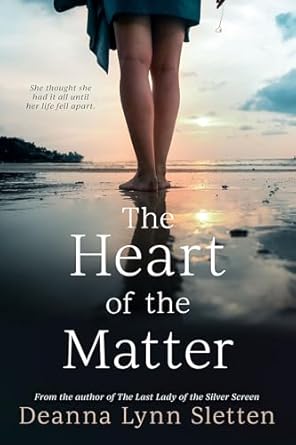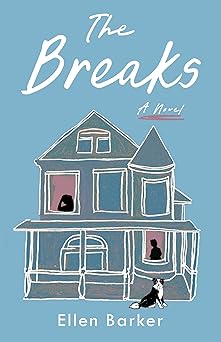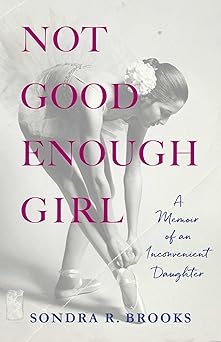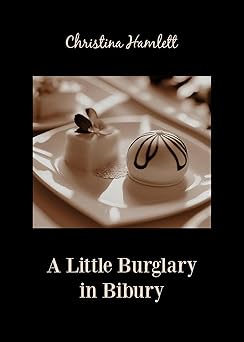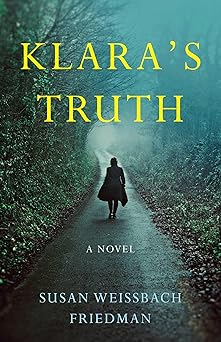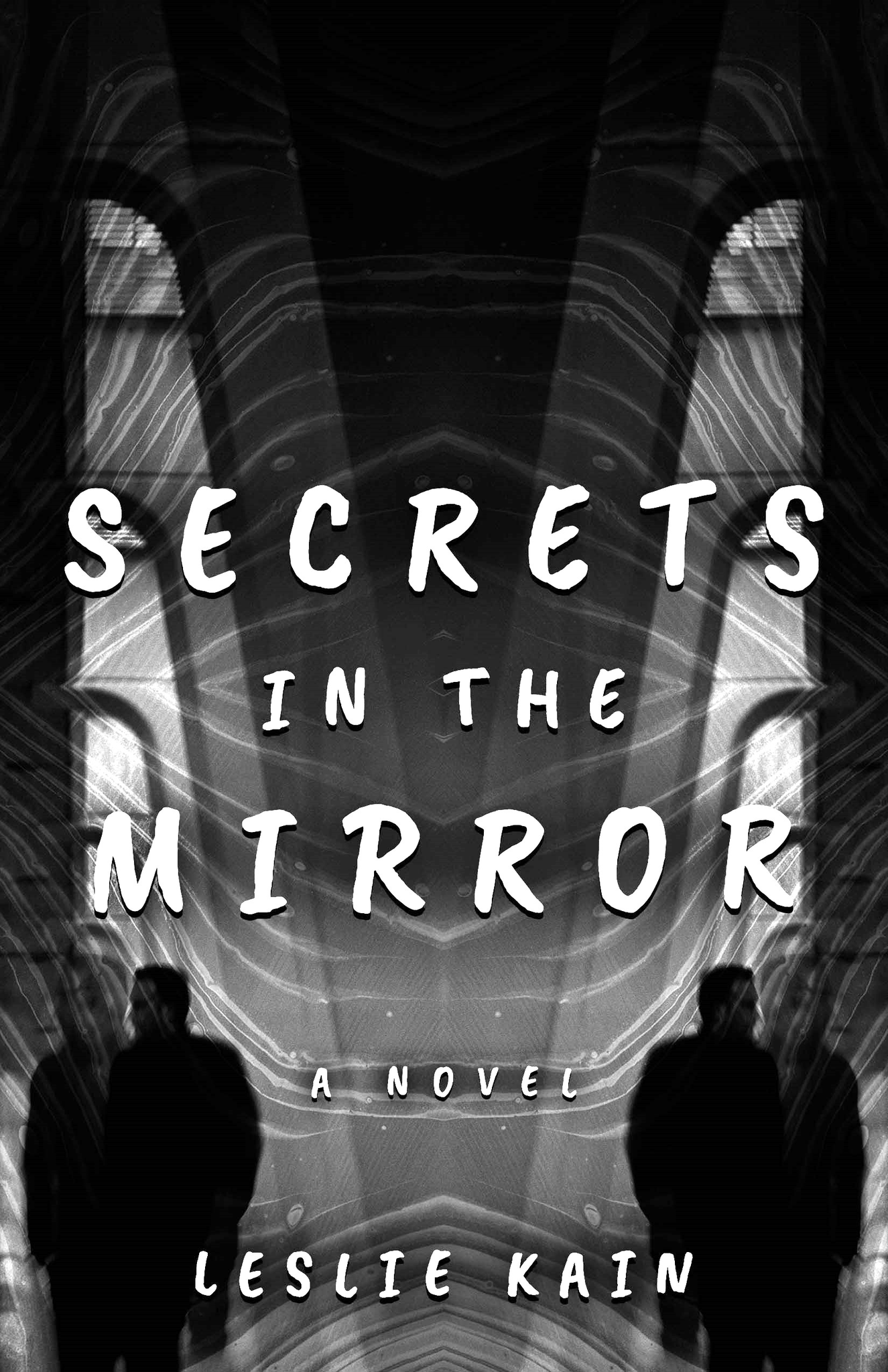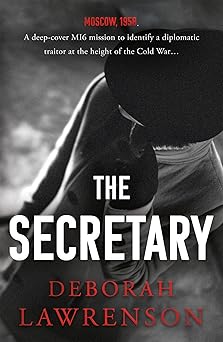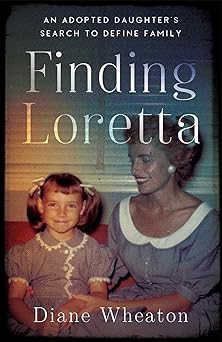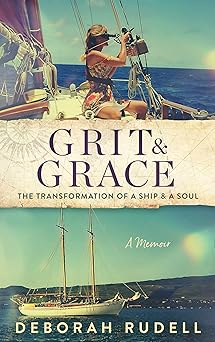Success in My Writing Career, and Otherwise: Kate Brandes
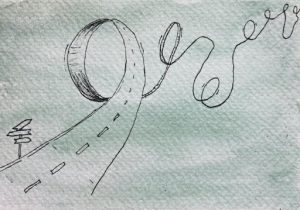 Here are some jobs I’ve had: waitress (5 years); factory worker (3 summers); potato bug mapper (1 summer); cashier, feeder of calves, tutor, agricultural advisor ( all 1 year); geologic consultant (6 years); garden designer (4 years); science director at non-profit (6 years); watershed/environmental scientist (4 years); artist (10 years and counting); adjunct professor (4 years and counting); and creative writer (15 years and counting).
Here are some jobs I’ve had: waitress (5 years); factory worker (3 summers); potato bug mapper (1 summer); cashier, feeder of calves, tutor, agricultural advisor ( all 1 year); geologic consultant (6 years); garden designer (4 years); science director at non-profit (6 years); watershed/environmental scientist (4 years); artist (10 years and counting); adjunct professor (4 years and counting); and creative writer (15 years and counting).
Seem a little…all over the place? Unfocused?
I admit that when people ask what I do for a living, it’s hard to answer. I get a squinty look if I say what’s true right now — that I teach geology at a local university and sometimes also creative writing and that even though I have a 25+year ongoing career as a scientist of one sort or another, I spend at least an equal amount of time writing and painting. It’s almost impossible to create a resume that reflects my actual working life and makes sense to anyone else.
In a TEDx talk by Emily Wapnick called Why Some of Us Don’t Have One True Calling, she points out that our culture is geared to think of people as having one main career. She describes how those with many interests are seen as scattered, aimless, and even self-sabotaging. She says the world is generally viewed through the lens of the specialist — those who have one professional focus. Society doesn’t seem to embrace multiple, wildly divergent career paths. Take, for instance, Julia Child. She was a copywriter, worked for a spy agency, and during World War II was instrumental in “cooking up” a shark repellent to protect bombs set for German U-boats. This was long before she knew anything about French cuisine or even considered writing a cookbook at the age of 49. But she’s only known for the latter.
Lately I’ve been thinking about what success looks like for someone who intentionally wanders across seemingly unrelated career paths. I’ve quit one thing to do something else over and over in my life. Not because I wasn’t good at whatever I was doing at the time, but because once I figured the job out, I got bored and it lost its appeal. At least this has been true for my “professional, real job” work.
Until I was about 35, I sunk all my eggs into being a scientist. I was successful by the usual measures. Whatever I chose to do in that field (and I chose to do a lot of different things), I could do well.
But I was left wanting and dabbled in creative writing and painting for reasons I couldn’t explain to myself back when I was 35. That dabbling, especially in writing, turned into a full-on commitment to the practice. In fact, my pursuit of creative ventures has been steadfast. It would be a disservice to myself to refer to my writing in any other way than a full-on creative career I do alongside my “professional” work.
But by any tangible measure I’m not a successful creative person. In fifteen years of writing and making stuff, I have virtually no outside recognition. I’ve made no money to speak of. This is true even though I prioritize writing up front in my day, getting up early so I can fit it in. That means I’m often up before the sun, setting my timer so I can hold myself accountable for at least one uninterrupted hour on any given project. That may not sound like a lot, but I do this most every day so that at the end of one month, I’ve committed thirty hours to a project. Month after month that starts to add up. I’ve been working on my second novel since 2017. So doing the math, that’s roughly about 2,000 hours on that project alone.
When my agent read a draft of this second novel a few years ago, she dropped me as a client. After much rewriting, I pitched this same project to many other agents. Rejection after rejection piled up and included all the reasons why my novel wasn’t enough. I rewrote and tried hard to get a small press interested in publishing this book. I sent so many queries. Finally, one press wanted to publish. Yay! After working with that small press for almost nine months, I lost confidence in their ability to produce a book we could all be proud of. So, I asked to be released from my contract and now find myself back to square one with a novel that has no outward measure of success, even after more than 2,000 earnest hours of my time. Some version of this story is commonplace for many writers out there.
With my “professional” work, I don’t have to struggle in terms of what looks like success to others. I finish a project, get positive feedback, and receive a regular paycheck. But with my creative work, I find myself having to redefine the idea of success. Because there is no paycheck and a lot of times no feedback that’s even remotely positive.
Like many writers, I have days when I feel like I’m getting nowhere and that I’m not a real writer. Outward success in writing — the kind that other people can see — is felt only every long once in a while. Publication, selling a manuscript or film rights or whatever it is we writers dream of has become more of a rarity. In fact, among my creative friends, be they writers or painters or musicians, meaningful financial gain or recognition, even among other creatives, can be elusive and even impossible. A writing community who understands the context of the current state of publishing, who can offer support and comradery and celebrate the smallest victories is so important, but they can only carry you so far.
So why try so hard to write when the visible returns are meager? What the heck is success if most of the time it’s not anything you can see and measure?
Maybe success is doing the thing that excites you, despite the hardship. On my good days (of which there are more than bad), I’m energized by putting stories together because of the challenge and the things I learn about myself. Bringing forth ideas that come from a place deep inside reveals things to me I didn’t know were there. I like the quiet reflection writing requires. I like the empathy I must often show my characters for a story to work. I’m a better person because of the stories I write. And that feels like success a lot of the time.
What if success, at least for me, is holding onto some semblance of my “professional” self that earns money to support my creative work that feels vital? What if success is finding the heartbeat of what it means to be me in this world, even when that means making career choices that don’t make sense to anyone else and seem foolhardy? Mari Andrew, a creative I admire, has written on this topic and proposed that: “Maybe instead of knowing what you want, it’s more important to know how you want to spend your time.”
That feels right.
The bottom line is I feel most like me when I’m making something. That’s either writing or painting or using my science side in some new venture. It’s the process of making, forging a new path, and inner exploration that I love. Sharing is important too. I can’t deny that it’s deeply satisfying to share through publication or have my creative work recognized in a positive way. It’s human to want to be seen and heard. But if I listen carefully to myself, I know the more essential thing is to spend time making stuff interwoven with my scattered predilections. Only then do I feel truly in my element.
And how about you? What feels like success in your life?
—
Kate Brandes lives in the small river town of Riegelsville, Pennsylvania, with her husband and two sons. She’s a creative writer and artist interested in sense of place. She’s published short stories, creative nonfiction and one novel, The Promise of Pierson Orchard (Wyatt-Makenzie Publishing, 2017). She’s at work on a new novel and screenplay based on the same story. Kate also works as environmental scientist, as she has for more than twenty-five years. She currently teaches geology, creative writing and a course on Landscape, Culture and Story of Place at Moravian University where she co-directs the Moravian Writers’ Conference.
Category: How To and Tips




